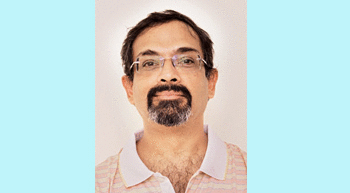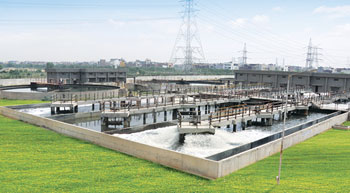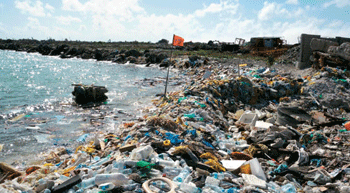India is urbanising at, what a Union Minister has termed, a very 'dramatic' clip. It today has 50 cities with a population of over one million. As per the 2011 Census, the total number of cities and towns in the country had increased to 7,936 from 5,161 in 2001.
FlashNews:
GAIL Breaks Ground on Sohna R&D Centre to Drive Clean Energy Innovation
Veolia Secures 2 Landmark Mumbai Water Projects to Boost Urban Sustainability
Emirates SkyCargo Expands India Freighter Network to Meet Rising Trade Demand
Colliers Maps 30 Industrial & Warehousing Growth Hubs Across India
PAIMANA Portal Tracks ₹39 Trillion Infrastructure Projects in January 2026
Tata Power-Warwick Alliance to Accelerate Energy Systems Innovation
India’s Space Kidz Launches World’s First Space Curriculum for Schools
Road Awards Slowdown to Hit Execution, Intensify Bidding: ICRA
Clean Energy Transition: India’s Global Leadership
Dual Airports to Handle 40 Million Passengers in 2026, Timely Ramp‑Up Crucial: Crisil Ratings
Kazipet Coach Factory Ready for Commissioning as RVNL Completes Core Works
Suzlon Reshapes Leadership: J P Chalasani Elevated, Ajay Kapur Named Group CEO
Noida International Airport Partners Mann Fleet for Seamless Ground Mobility
SDHI to Complete Five Offshore Support Vessels for San Maritime at Pipavav Shipyard
DFCCIL Opens World-Class Running Room for Loco Pilots at DDU
India Has Set Global Benchmark with Lowest Green Hydrogen Price: Joshi
Air India, Lufthansa Group Ink Landmark MoU to Boost India‑Europe Connectivity
GMRIT Achieves Deemed University Status, Strengthens Academic Expansion
India Adds Record 52.5 GW Power Capacity in FY2025‑26, Driven by Renewables
Tag: CPCB
Waste segregation at source is a major hindrance
The 2014 report of the Planning Commission Committee chaired by K Kasturirangan found that 62 million tonnes (MT) of municipal solid waste (MSW) was produced per year, which is based on an average of 0.45 kilo per capita, per day, for IndiaÆs urban population.
Scaling the urban ladder
Rapid urbanisation has brought in a sling of progressive measures from the policy-makers. A transition has to set in to accommodate such exponential growth in the urban population.
Connecting the dots
Conventional sewage treatment systems, favoured by engineers and bureaucrats, are incapable of doing the job. So the smart cities have been picked and the hunt is on to flesh out what the proclamations of the Ministry of Urban Development
Blue Gold
Warring nations over water may sound apocalyptic, but there is no denying water is going to be a major restraint on urbanisation. Basic demand-supply rules apply here and explain to a large extent doomsday scenarios captured in Hollywood hits such as Water Wars
The Government has started supporting PPP and introduced reforms
Discharge of untreated sewage is the biggest cause for water pollution. The large gap between the generation of waste-water and its treatment has led to large scale ground water contamination. Operation and maintenance of existing plants
Automatic Water Quality Monitoring on Ganga
Under the World Bank aided project Automatic Water Quality Monitoring has been setup under the NGRBA Project for the river Ganga at an estimated cost of Rs 94.45 crore approximately.
Why a nice cooperative system isn’t working
Over the last three decades the industrial sector in India has reportedly quadrupled in size, no doubt providing several benefits. With World Water Day on 22 March, Janaki Krishnamoorthi explores why government efforts at creating cooperative wastewater treatment plants have failed, and explains why industries’ contribution in conservation will augment business opportunities.








